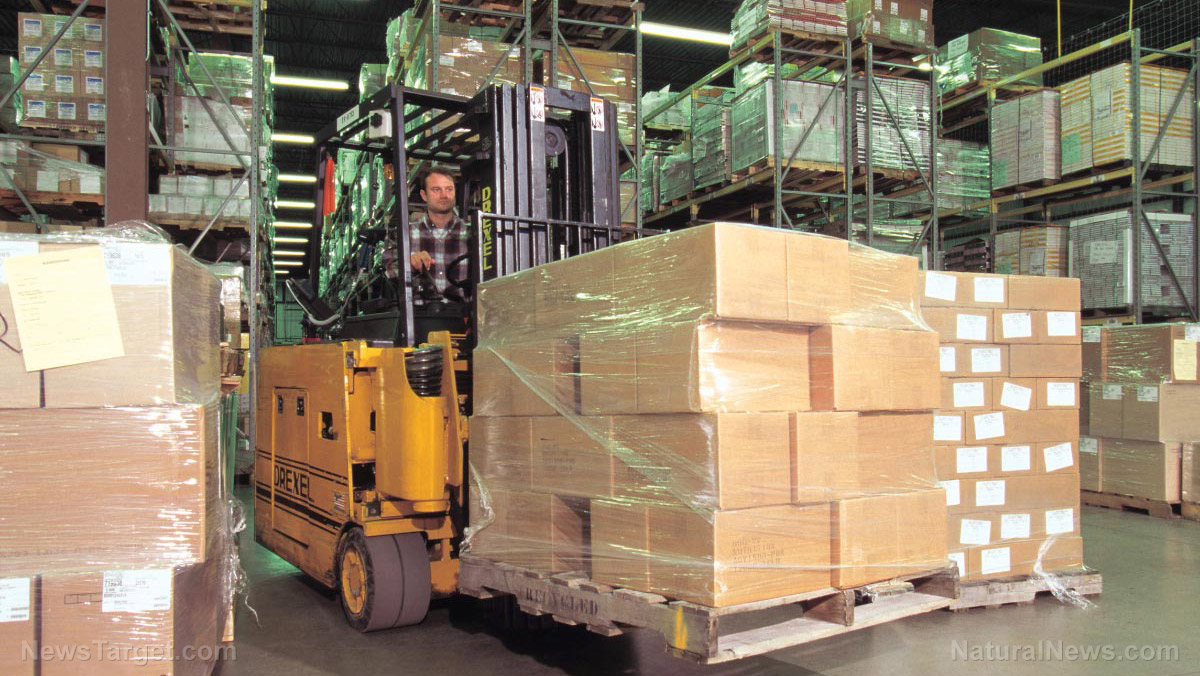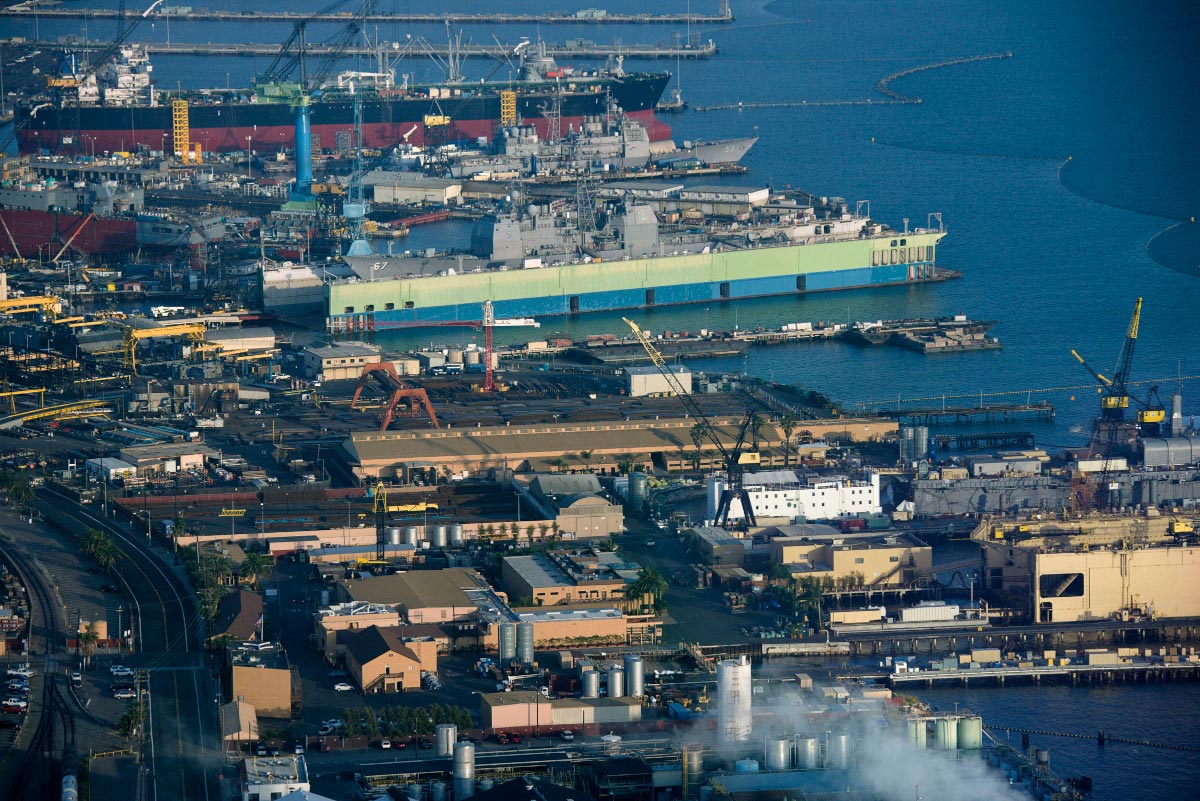 Parler
Parler Gab
Gab
Chinese manufacturers face lots of bumps on road to recovery
Anhui HERO Electronic Sci & Tec Co. Ltd., which is based in the eastern province of Anhui, is one of those companies feeling the squeeze. The company manufactures capacitors used to make electronic circuits, with sales mainly in the domestic market. Jing Yuan, the company's founder, said orders are up as much as 30 percent year on year, but profits are down 50 percent due to increasing materials costs that are not easily passed onto clients. The company is under "huge cash pressure" as it needs to pay half a month in advance of delivery in order to secure copper and other metals, which it previously paid for months after receiving. Companies like Anhui HERO Electronic need a more stable domestic consumer spending to sustain their post-pandemic recovery. While some export-oriented sectors have been pushed to their limits, large amounts of slack remain for manufacturers targeting Chinese consumers due to subdued domestic demand. Transport bottlenecks are also a challenge for export-oriented manufacturers. Gordon Gao, who exports gardening products from China, said that he has had to reject 80 percent of orders this year due to port delays. In one case, an order placed before mid-February could only be shipped three months later when a client finally secured a container. Manufacturers in China are also dealing with material shortages. (Related: Supply shortages are leading to price hikes, worsening inflation.) Chinese electric vehicle maker NIO Inc. suspended production at one of its factories last month due to a shortage of microchips while Modern Casting Ltd., which makes iron and steel products in Guangdong, issued a note to clients this month saying it would not be able to meet its current orders due to high raw material costs.Shortages are a worldwide problem
The world is seemingly low on everything these days. "You name it, and we have a shortage on it," said Tom Linebarger, chairman and chief executive of engine and generator manufacturer Cummins Inc. Girteka Logistics, Europe's largest fleet of trucks, is struggling to find enough capacity. Monster Beverage Corp. of Corona, California, is dealing with an aluminum can scarcity. Hong Kong's MOMAX Technology Ltd. is delaying the production of a new product because of a shortage of semiconductors. The semiconductor shortage has already spread from the automotive sector to Asia's highly complex supply chains for smartphones. "The semiconductor shortage will severely disrupt the supply chain and will constrain the production of many electronic equipment types in 2021," Kanishka Chauhan, principal research analyst at Gartner said in a mid-May report on the situation. "Foundries are increasing wafer prices, and in turn, chip companies are increasing device prices." The shortage is expected to cost the global automotive industry $110 billion in revenue this year. Follow Bubble.news for more news and information related to the economy. Sources include: Finance.Yahoo.com Bloomberg.com NetworkWorld.comDeborah Birx hid covid info from Trump, altered CDC guidelines without approval
By Ethan Huff // Share
By Mary Villareal // Share
Diminished US refining capacity from facility closures contributing to soaring gas prices
By Belle Carter // Share
Port of Los Angeles director: US supply chain at risk if rail service does not improve
By Mary Villareal // Share
Fact check: No, RFK, Jr. did not say COVID was an ethnically targeted bioweapon that spared Jews
By healthranger // Share
Top 10 signs you might be an obedience idiot
By healthranger // Share
By newseditors // Share
Dangerous heat wave expected to set record highs throughout US South and Southwest
By isabelle // Share
Secret Service admits it found marijuana twice at the White House in 2022
By arseniotoledo // Share











